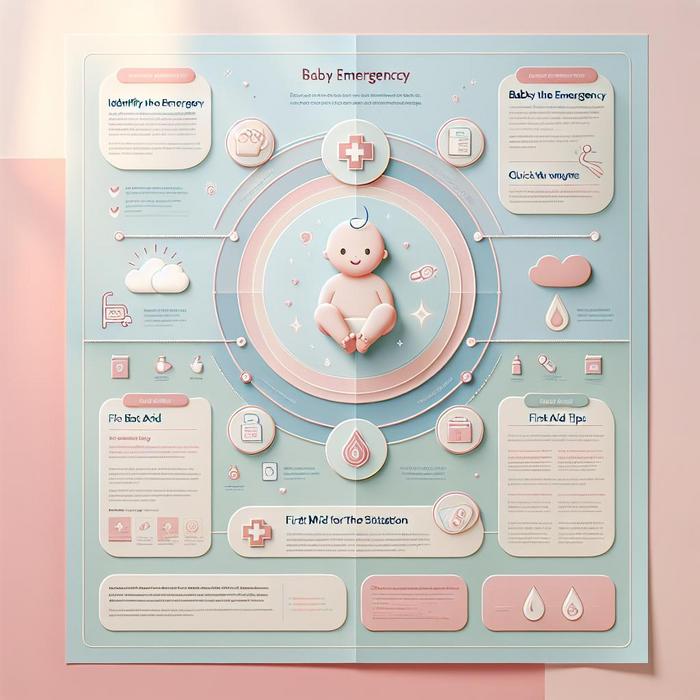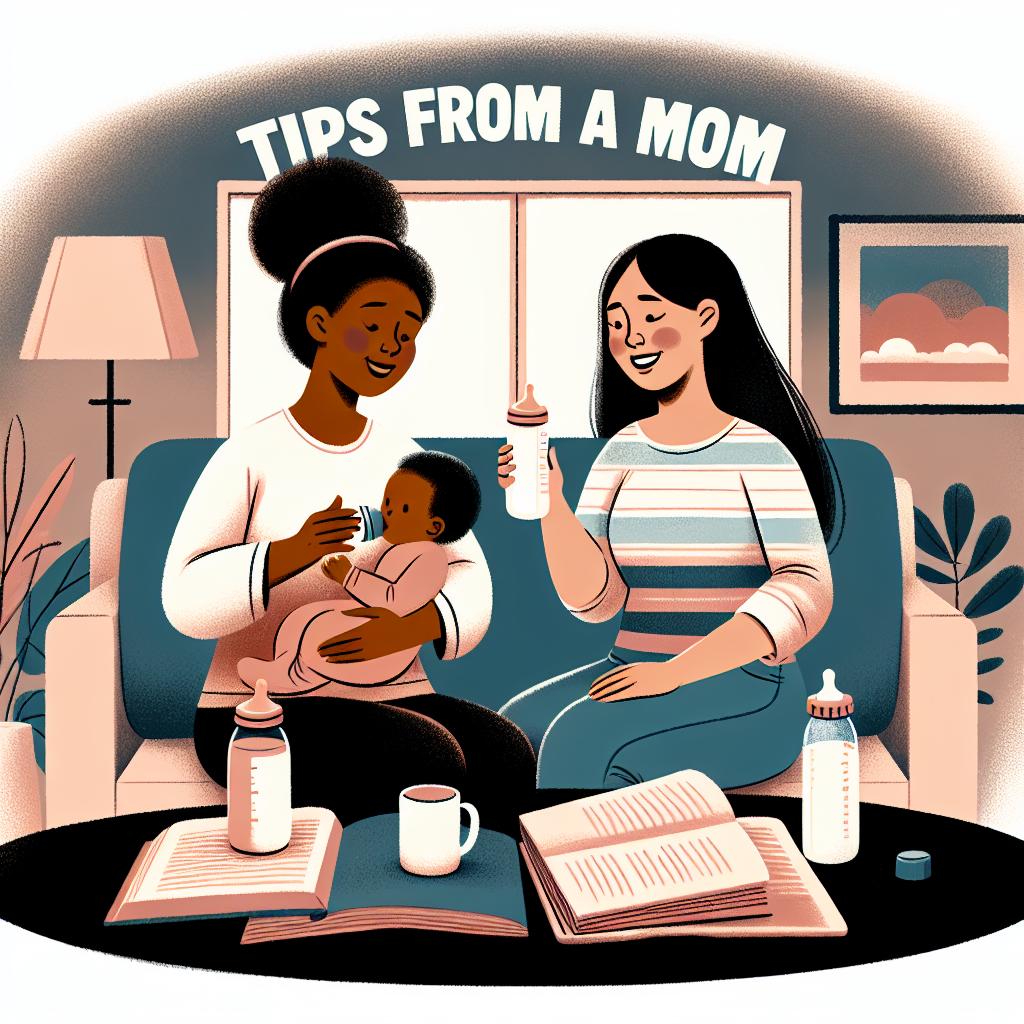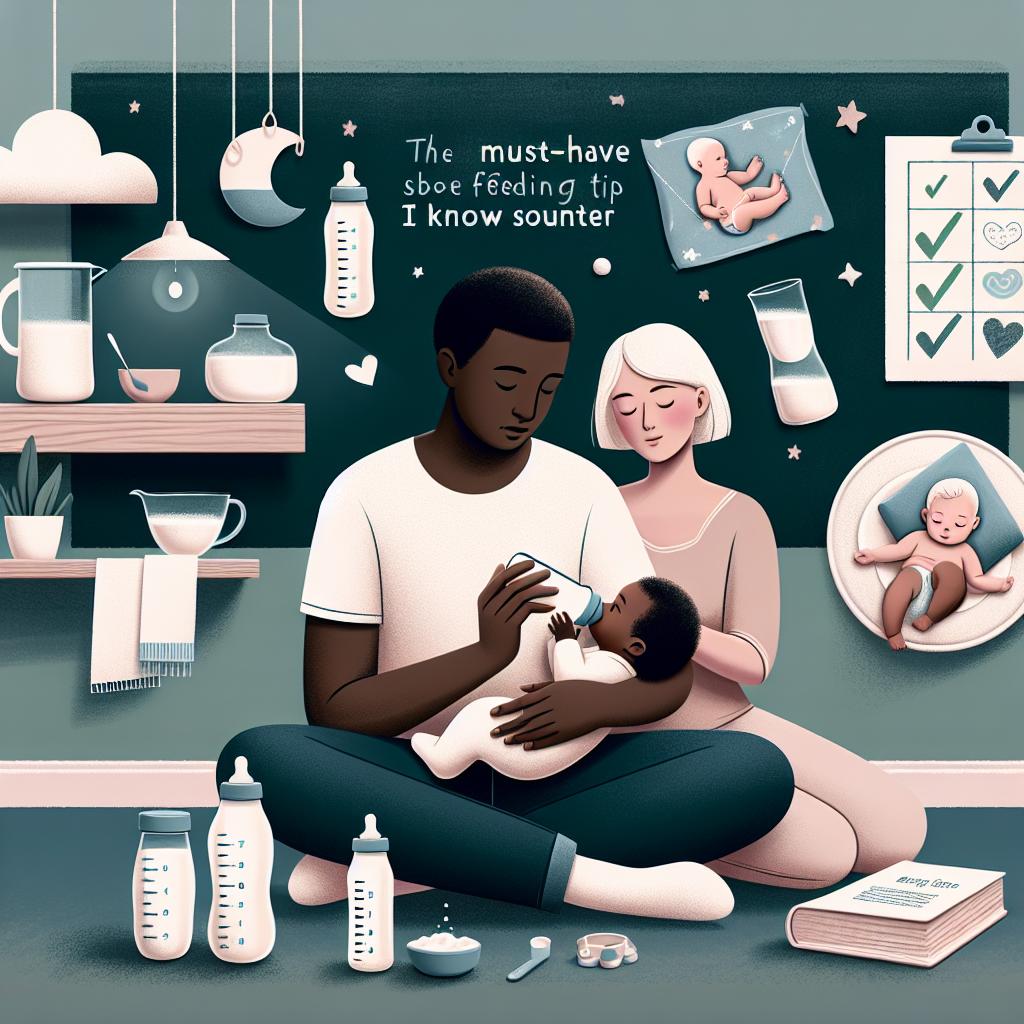Recognizing Baby Emergencies
As a new parent, being able to identify a baby emergency is crucial. Babies, as we know, can’t articulate their discomfort or pain in the same way adults can. Therefore, understanding the signs of a potential baby emergency is essential in acting promptly and effectively.
One of the first tell-tale signs of a baby emergency is a significant change in your baby’s behavior or appearance. These changes could include a sudden high fever, uncontrolled vomiting, difficulty breathing, or unresponsiveness. If you ever feel your baby’s health is at immediate risk, it’s important to seek immediate pediatric urgent care.
First Aid for Babies: Essential Steps
The importance of first aid for babies cannot be understated. Quick, effective first aid can make a difference in a baby emergency. Here are some key steps in providing first aid for babies:
– Stay Calm: Keeping composed will help you think more clearly and act more swiftly.
– Call for Help: Dial your local emergency number immediately.
– Perform CPR if Necessary: If your baby is unresponsive, start CPR immediately while waiting for medical help.
Note that every parent should know how to perform CPR on a baby. Consider attending a CPR or first aid class specifically for babies — it’s possibly one of the most worthwhile investments you’ll make as a parent.
Must-have First Aid Kit Items
Being prepared for a baby emergency means having a well-stocked First Aid kit. Consider including the following items:
– Digital thermometer
– Infant Acetaminophen for fever and pain
– Band-aids and gauze
– Tweezers
– Baby-safe sunscreen and insect repellent
– Nasal aspirator and saline solution
– Hydrocortisone cream
– Infant gas relief drops
Remember to check the kit regularly and replace expired items. The peace of mind from knowing you’re prepared is priceless.
Responsiveness to Baby’s Needs
The responsiveness to your baby’s needs plays a critical role in preventing potential baby emergencies. By promptly attending to your baby’s cues — be it hunger, discomfort, or a need for sleep — you can ensure their wellbeing and possibly prevent an emergency.
Deciding Between Urgent Care and the ER
Finally, remember that not every baby emergency requires a trip to the emergency room. For less severe situations, an urgent care clinic might be a suitable option. If you’re unsure, consult professional advice on deciding between urgent care and the ER.
When it comes to handling baby emergencies, your readiness and responsiveness can make all the difference. Learn to trust your intuition — if something doesn’t feel right, it’s better to seek help than to wait and worry.
When to Take your Baby to the ER
Recognizing when your baby requires immediate attention at the ER is crucial. In cases where your infant is having trouble breathing, has a seizure, suffers a significant head injury, or has a high fever — especially when under three months — you should rush them to the ER. The Child Hospital of Los Angeles has comprehensive advice to guide you further.
When to Choose Urgent Care Over ER
In less severe situations, a trip to the pediatric urgent care clinic might be sufficient. Instances including minor falls, cuts and bruises, mild fevers, or cold and flu symptoms can be handled by the professionals at urgent care clinics. These clinics, like the Atrium Health Levine Children’s Hospital, offer efficient and effective care and can provide guidance if a trip to the ER becomes essential.
Understanding Baby Emergency Care Importance
The role of immediate medical attention in a baby emergency is truly lifesaving. Responding effectively and rapidly ensures your baby gets the crucial help they need. More expert information can be found at the UMass Memorial Medical Center’s Pediatric Emergency Care website.
Baby Safe Home Environment
Maintaining a baby-safe environment at home is another means of forestalling accidents that could result in an emergency. Keeping small items away, installing safety gates, and safeguarding electrical outlets are all practical ways to make your home a safe haven for your little one.
Baby Wellness Checks
Regular wellness checks for your baby are an essential preventive measure against potential emergencies. Regular appointments ensure your baby is growing and developing as they should, and provide an opportunity to discuss any concerns with a healthcare professional.
Keep Emergency Contact Details Handy
Having the required emergency contact information easily reachable can expedite the process when there’s a need for immediate assistance. Keep a list with contacts such as poison control, your pediatrician, nearest hospital, and family members who can provide assistance in a timely way.
End of current content. More to follow soon.







